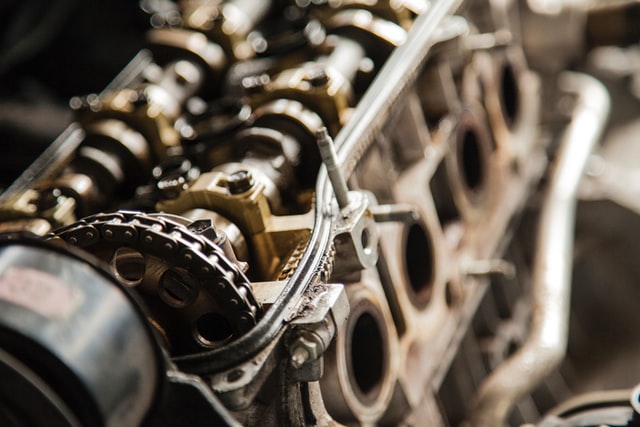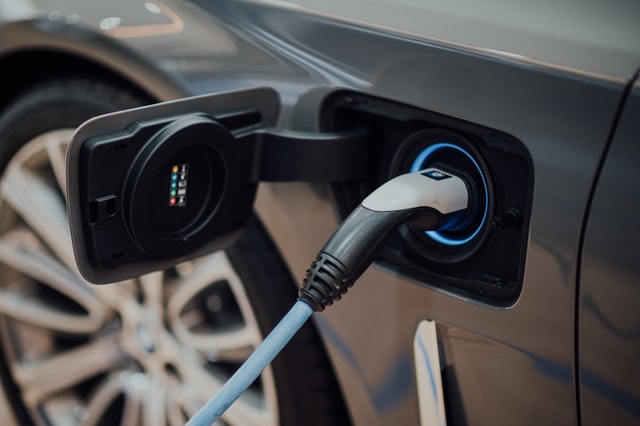
The sales of diesel cars are falling – according to the SMMT, diesel car registrations are down by more than 60% since 2020, with Aston University predicting they will account for just 15% of the UK market by 2025, down from a 50% peak.
There are many reasons for this decline, the main being that consumers are using their money to vote green; the Volkswagen Scandal in 2015, the new ULEZ (Ultra Low Emissions Zones) implementation, and the increased awareness of environmental issues have all armed consumers to make more informed decisions about their vehicle purchases.
But what does it mean to make an informed vehicle purchase? Should we still be purchasing diesel cars? Or is it an industry we’re happy to say goodbye to?
Is Diesel Bad?
In and of itself, no. The issue occurs when it’s used for fuel in modern cars.
Although diesel cars use less fuel to operate, and diesel fuel actually contains less carbon dioxide than petrol, it also releases toxic pollutants as a byproduct.
A diesel car may be cheaper to run, and therefore very appealing, but they produce a range of nitrogen oxide chemicals – harmful substances that have an immediate effect on humans, not just the environment. Nitrogen oxides are also considered greenhouse gases, so although diesel produces less carbon dioxide, the chemicals they do release are far more dangerous than that of a petrol car.
That’s why the Volkswagen scandal in 2015 hit so many people so hard. We hadn’t just been misled about the safety of our environment, we’d been misled in regards to our personal safety, and our ability to make informed consumer decisions had been stripped from us. In fact, even in 2019, accounts were tweeting talking about the scandal and the effects it had on the market as a whole.
Ripple effect from VW ‘dieselgate’ scandal still being felt https://t.co/tKYJTw14nE via @IrishTimesBiz
— Emissions Scandal (@EmissionsFail) May 9, 2019
Volkswagen had to pull 8.5 million cars from Europe alone, with 1.2 million being pulled in the UK alone. In normal use, the engines emitted far more pollution, including up to 40 times more nitrogen oxide, which contributes to asthma, bronchitis, and emphysema.
It’s not surprising that trust in diesel vehicles has been plummeting ever since; not only are the chemicals genuinely harmful to ourselves and the environment, but we were lied too about just how harmful they are.
What is ULEZ?
ULEZ stands for “Ultra Low Emissions Zones” – meaning you’re charged a fare of £12.50 daily to drive inside these zones if you don’t meet the current emissions standards.
The UK Government has stated that “generally” diesel cars are compliant if they were first registered after 2015, whereas petrol cars are “generally” compliant if they were first registered after 2005; for consumers, that 10 year gap can really make a difference. If you’re buying a second hand vehicle under these new regulations, it’s a no-brainer to opt for a petrol car.
With these areas under ULEZ becoming larger by the year, the idea was that they would help reduce congestion as well as carbon emissions; however, increasingly people are choosing to sell their diesel cars and use the opportunity to invest in new petrol cars, or even electric cars.
The stated ULEZ would reduce congestion…… not made the slightest difference….. no reduction of congestion at all …… pic.twitter.com/8hSrWSf10I
— Ediz (@ediz1975) November 4, 2021
Are People Buying More Electric Vehicles?

Even with people aware of the risks of a diesel car, when there are only two options to choose from, it’s hard not to pick the cheaper one. That’s why hybrid and electric vehicles are such a crucial aspect in the decline of diesel cars; it gives people a sustainable and affordable option.
Affordable and electric vehicles might not be associated in your mind, and you’re right, electric cars are more expensive to purchase outright – but the cost benefits come from just how cheap they are to run once you’ve bought them. On average, a fast charger is only going to cost you 30p an hour, with a full charge only taking 3-5 hours. A full tank for £1.50? Don’t mind if I do.
Time and convenience are the main reasons people are hesitant to take up electric vehicles, but with rapid chargers becoming more common, as well as slow home chargers becoming far more affordable, it’s not as difficult as it used to be to keep your car running. You can just plug in your car at the local supermarket and forget about it, or charge it in your garage overnight, which makes electric vehicles more accessible to a wider range of consumers; when green options are available, the evidence is there to show that people will choose them.
So What’s the Cause of the Decline in Diesel Vehicles?
Quite simply put, consumers are voting green.
Even with diesel cars becoming so cheap to both purchase and run, the risks to ourselves and the environment outweigh the benefits. All the new and sustainable options available, combined with a gentle nudge from the government and access to information, allows consumers to make more informed choices; and their informed choice is that the environment matters.
With the government now implementing grants to encourage electric vehicle uptake even further, it’ll be interesting to see where the diesel industry will be in a few years time.



